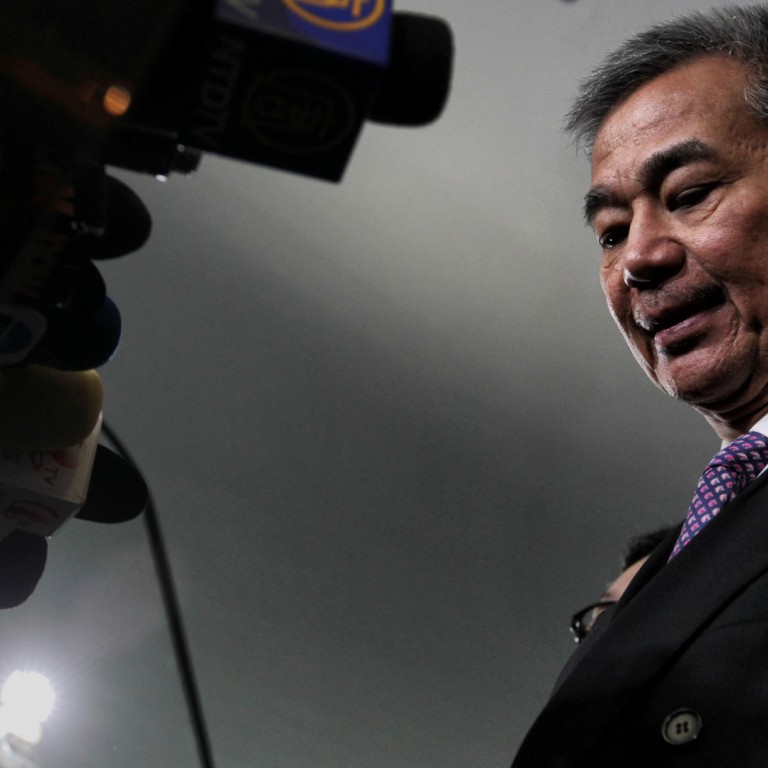
Former ICAC chief Timothy Tong admits buying liquor for guests
The former ICAC commissioner tells a Legco inquiry that he signed off on the buying of strong spirits to entertain guests from the mainland
Troubled former chief graft-buster Timothy Tong Hin-ming admitted for the first time yesterday that he had approved the purchase of strong spirits for use at receptions.
Tong told lawmakers that buying different types of alcohol was necessary to meet different guests' needs at functions held by the Independent Commission Against Corruption.
Without my signing, the purchases could not be done. So basically I approved these purchases
"Without my signing, the purchases could not be done. So basically I approved these purchases," he said, giving sworn evidence to the Legislative Council public accounts committee.
But the former ICAC commissioner said there were too many purchases for him to precisely recall whether they were initiated by him or suggested by other officers.
Tong was summoned to the hearing under the Power and Privileges Ordinance, meaning his answers cannot be used against him in legal proceedings.
He was being questioned by committee member and legislator Wong Yuk-man over the purchase of spirits during his five-year tenure at the anti-corruption agency. Wong said the commission had never bought strong spirits before Tong took office in 2007.
The committee heard that there were 18 bottles of table wine and 8-1/2 bottles of strong spirits stored in the ICAC's administrative branch as of July 1 last year. But there could be more because the commission's community relations department also bought alcohol, it heard.
After repeated questioning by Wong, Tong admitted that he had used public money to treat officials from Beijing's liaison office and other mainland government departments not related to the judiciary, prosecution units or police. But he insisted it was not for his personal networking, but for work purposes.
The committee heard that Tong had spent HK$120,000 on a limousine to receive mainland prosecutions chief Cao Jianming when he visited Hong Kong in 2011. The fee included a coach for Cao's delegation.
Tong acknowledged that the destinations of most of the 33 duty visits he had led during his tenure were to the mainland, with Beijing the most frequently visited city because he had two counterparts in the capital.
Asked if he had gone sightseeing during some duty visits, Tong said he did not know the routes of his visits in advance and it was "difficult to reject" the route arranged by the hosts. He stressed all visits had been approved by the chief executive in advance.
Closer exchanges with the mainland had come about, he said, because of the signing of the United Nations Convention Against Corruption by Beijing in 2006.
Outside the hearing, committee chairman Abraham Razack said he was satisfied with the progress of yesterday's hearing. He said Tong had answered the questions truthfully and to the best of his knowledge, although sometimes the answer was not direct. Razack said the committee would summon Tong again, hopefully for the last time.
The committee tentatively plans to meet again on June 1, when Tong may be out of Hong Kong. In this case, the committee will hear from his successor, Simon Peh Yun-lu.
